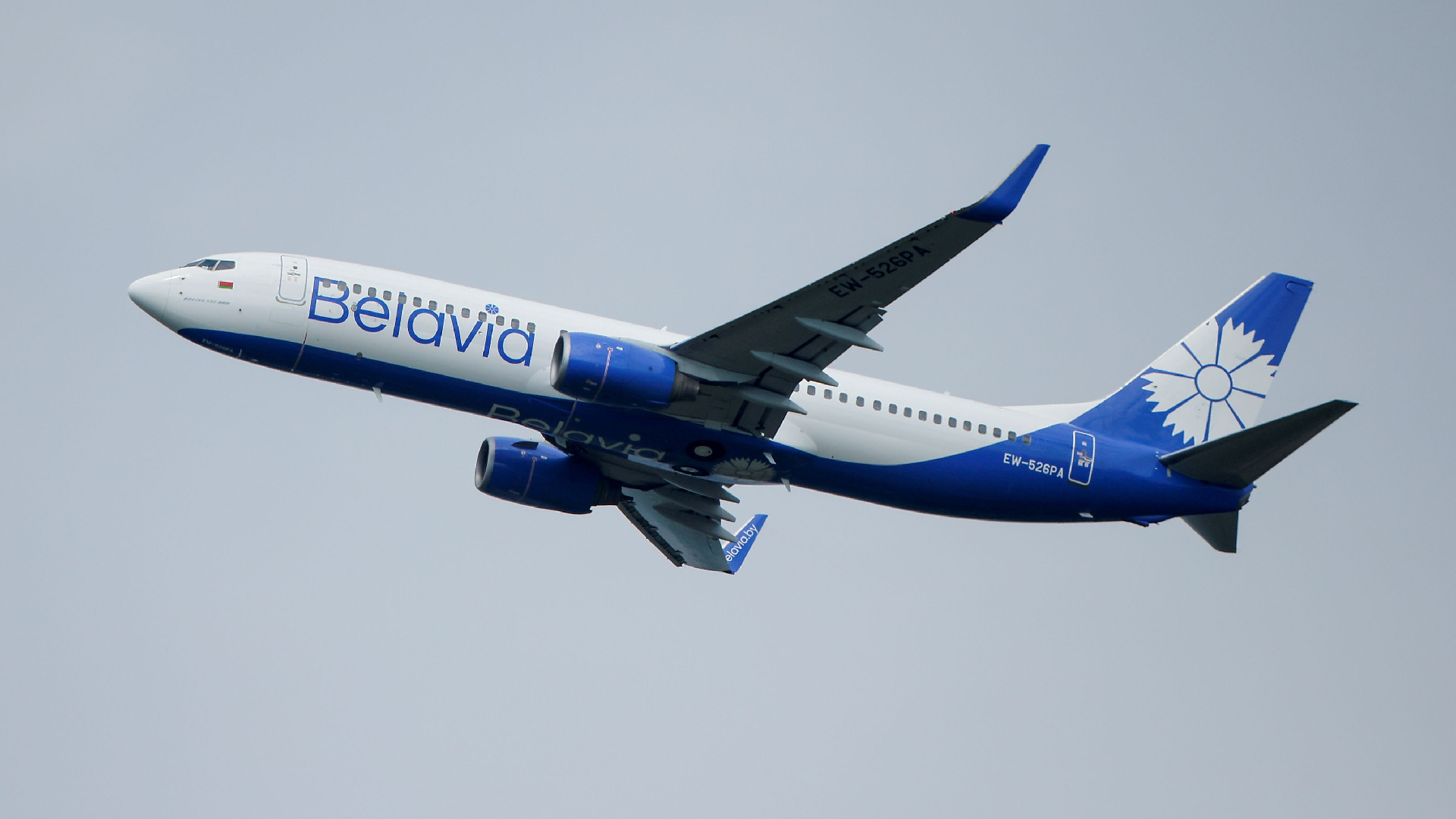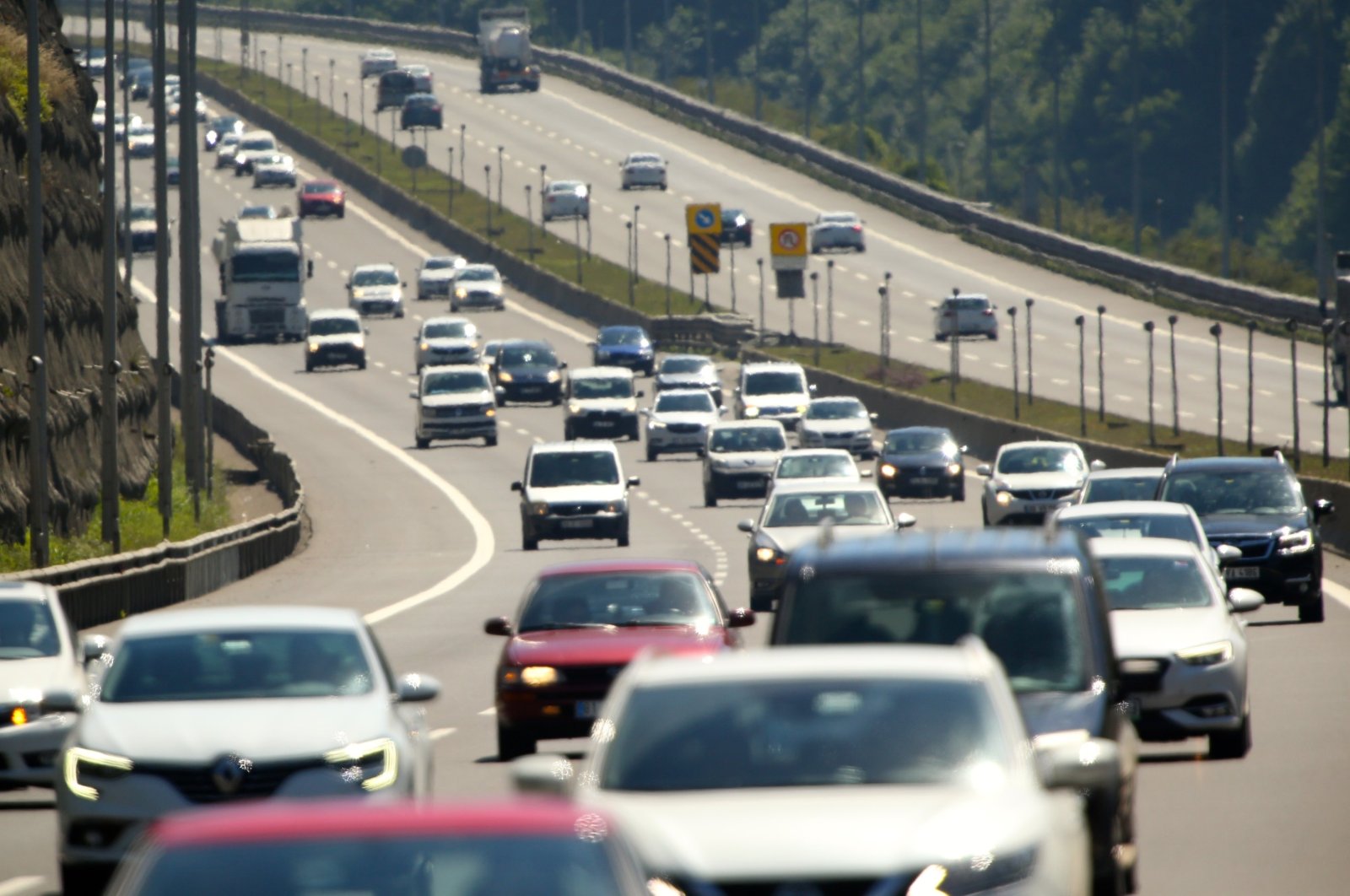Ukraine’s Zelenskyy holds talks with United Nations head and Turkey leader
LVIV, Ukraine (AP) — Turkey’s president and the U.N. chief met with Ukrainian President Volodymr Zelenskyy on Thursday in a high-stakes bid to ratchet down a war raging for nearly six months, boost desperately needed grain exports and secure the safety of Europe’s biggest nuclear power plant.
The gathering, held far from the front lines in the western Ukrainian city of Lviv, near the Polish border, marked the first visit to Ukraine by Turkey’s Recep Tayyip Erdogan since the outbreak of the war, and the second by U.N. Secretary-General António Guterres.
WATCH: Explosions hit Russian-annexed Crimea as Ukraine vows to retake territory
Erdogan has positioned himself as a go-between in efforts to stop the fighting. While Turkey is a member of NATO — which backs Ukraine in the war — its wobbly economy is reliant on Russia for trade, and the country has tried to steer a middle course.
At the meetings, Turkey agreed to help rebuild Ukraine’s infrastructure, including roads and bridges, and Zelenskyy asked Guterres to seek U.N. access to Ukrainian citizens deported to Russia, according to the Ukrainian president’s Website. Zelenskyy also requested U.N. help in freeing captured Ukrainian soldiers and medics.
On the battlefield, meanwhile, at least 11 people were killed and 40 wounded in heavy Russian missile strikes on Ukraine’s Kharkiv region on Wednesday night and Thursday morning, Ukrainian authorities said.
Russia’s military claimed that it struck a base for foreign mercenaries in Kharkiv, killing 90. There was no immediate comment from the Ukrainian side.
Heightening international tensions, Russia deployed warplanes carrying state-of-the-art hypersonic missiles to the country’s Kaliningrad region, an enclave surrounded by two NATO nations.
The three leaders’ agenda included the Russian-controlled Zaporizhzhia nuclear plant in southern Ukraine. Moscow and Kyiv have accused each other of shelling the complex, and the fighting has raised fears of a nuclear catastrophe.
In his nightly video address Wednesday, Zelensky reaffirmed his demand for the Russian military to leave the plant, emphasizing that “only absolute transparency and control of the situation” by, among others, the U.N.’s International Atomic Energy Agency, could guarantee nuclear safety.
Zelenskyy and Guterres agreed Thursday on arrangements for an IAEA mission to the plant, the Ukrainian president’s website reported. It wasn’t immediately clear if Russia would agree to those arrangements. Zelenskyy asked Guterres to ensure the safety of the plant, including its demilitarization.
Earlier this month, Erdogan met in Russia with Russian President Vladimir Putin to discuss the fighting. And last month, Turkey and the U.N. helped broker agreements clearing the way for Ukraine to export 22 million tons of corn and other grain stuck in its Black Sea ports since Russia invaded Feb. 24. The agreements also sought to clear roadblocks to exports of Russian food and fertilizer to world markets.
The war has significantly worsened the global food crisis because Ukraine and Russia are major suppliers of grain. Developing countries have been hit particularly hard by shortages and high prices, and the U.N. has declared several African nations in danger of famine.
Yet even with the deal, only a trickle of Ukrainian grain exports has made it out. Turkey’s Defense Ministry said more than 622,000 tons of grain have been shipped from Ukrainian ports since the deal was reached.
The discussions about an overall end to the war that has killed untold thousands and forced over 10 million Ukrainians to flee their homes were not expected to yield anything substantive.
READ MORE: Ship carrying grain for Ethiopia leaves Ukraine, as concerns grow over nuclear plant to the south
In March, Turkey hosted talks in Istanbul between Russian and Ukrainian negotiators, but the effort to end the hostilities failed, with the two sides blaming each other.
Erdogan has engaged in a delicate balancing act, maintaining good relations with both Russia and Ukraine. Turkey has provided Ukraine with drones, which played a significant role in deterring a Russian advance early in the conflict, but it has refrained from joining Western sanctions against Russia over the war.
Turkey is facing a major economic crisis, with official inflation near 80%, and is increasingly dependent on Russia for trade and tourism. Russian gas covers 45% of Turkish energy needs, and Russia’s atomic agency is building Turkey’s first nuclear power plant.
Sinan Ulgen of the Istanbul-based EDAM think tank characterized Turkey’s diplomatic policy as being “pro-Ukraine without being anti-Russia.”
“Turkey believed that it did not have the luxury to totally alienate Russia,” Ulgen said.
Suzan Fraser reported from Ankara, Turkey. Robert Badendieck contributed from Istanbul.



